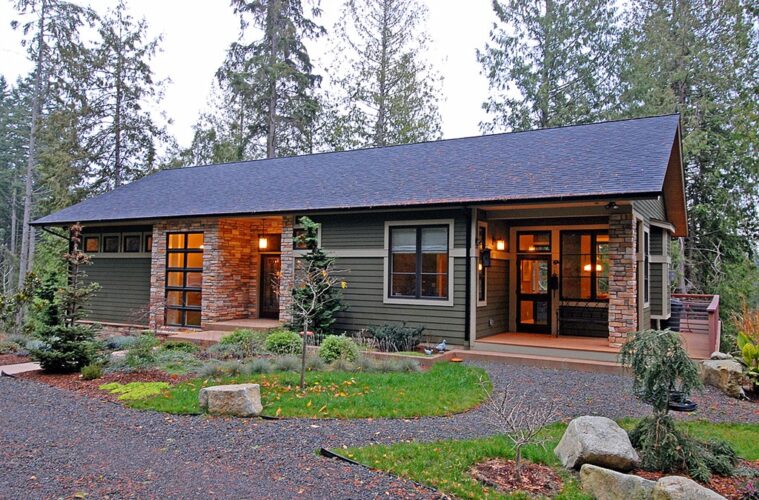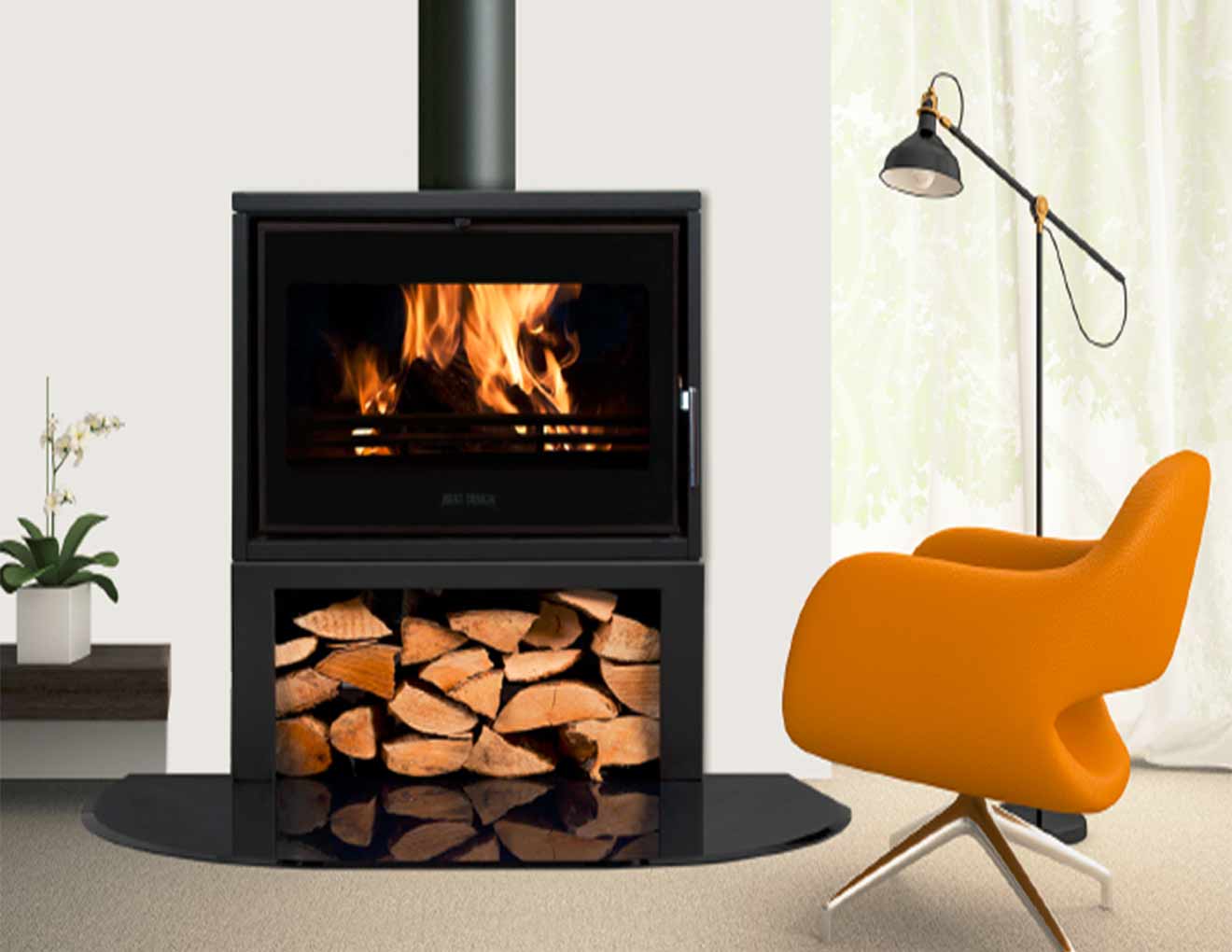Energy-efficient homes are becoming increasingly popular as people look for ways to save money on their energy bills and reduce their environmental impact. There are many different ways to make a home more energy-efficient, from simple changes like unplugging electronics when they’re not in use to more significant investments like solar panels.
Why Are Energy-Efficient Homes Important?
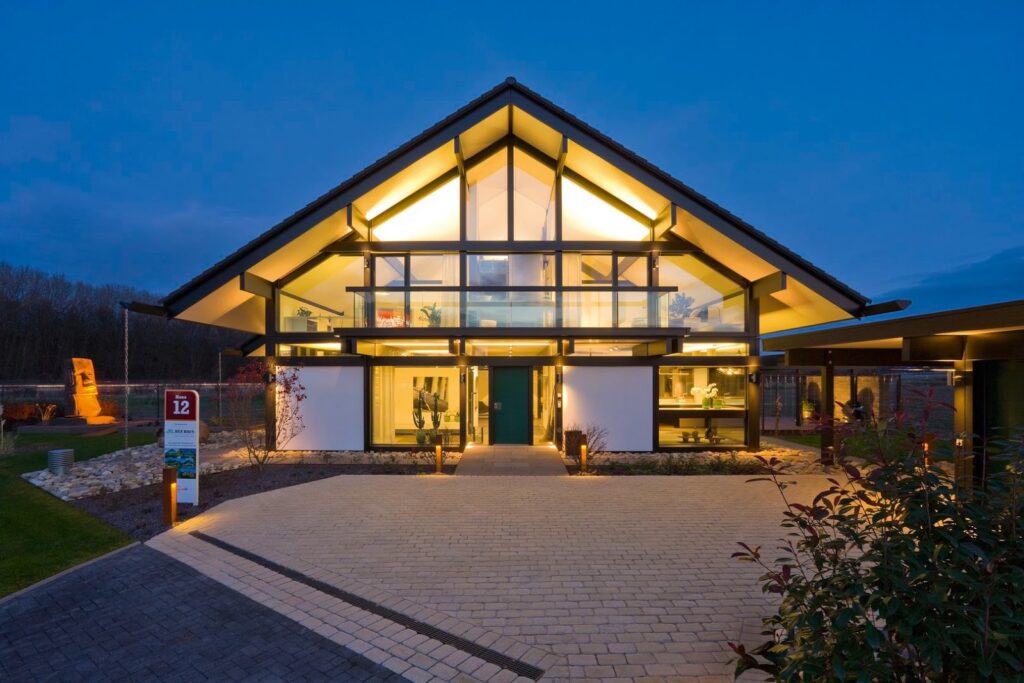
source: pineterest.com
There are several reasons why energy-efficient homes are important. First, they can help homeowners save money on their energy bills. Energy costs can be a significant expense for many homeowners, so reducing energy consumption can lead to significant savings.
Second, energy-efficient homes can help reduce our environmental impact. The energy we use to power our homes comes from a variety of sources, including fossil fuels like coal and natural gas. These fuels produce greenhouse gases when they are burned, which contribute to climate change. By making our homes more energy-efficient, we can reduce our reliance on fossil fuels and help protect the environment.
Finally, energy-efficient homes can be more comfortable and healthier to live in. Energy-efficient homes are typically better insulated and sealed, which helps to keep indoor temperatures comfortable year-round. They also tend to have better air quality, as they are less likely to have drafts and leaks.
How to Make Your Home More Energy-Efficient?
There are many different ways to make your home more energy-efficient. Some of the most effective changes include:
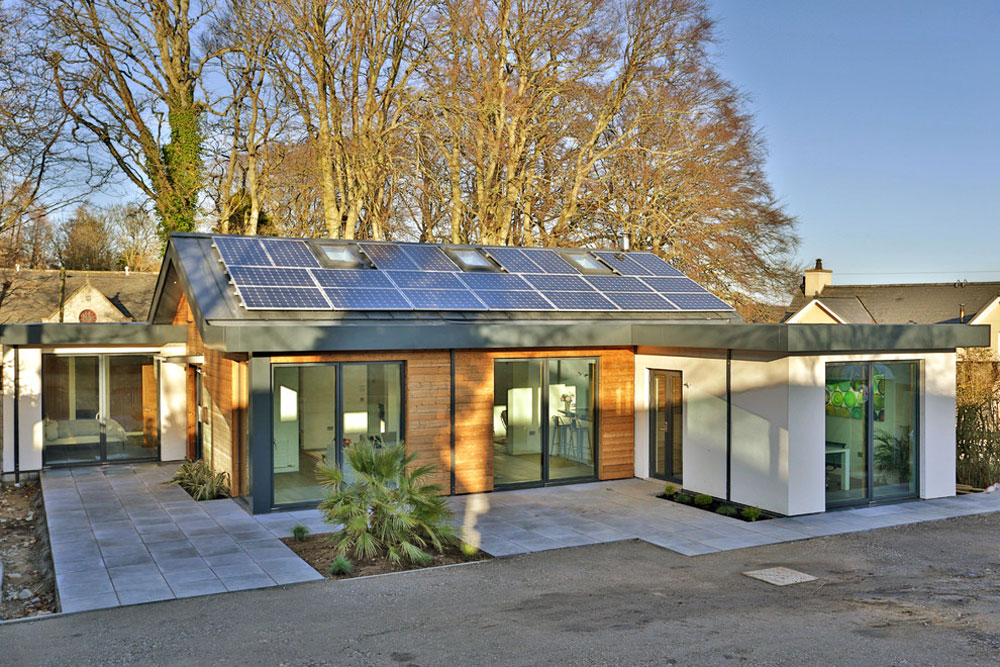
source: pinterest.com
- Insulating your home: Adding insulation to your attic, walls, and floors can help to keep your home warm in the winter and cool in the summer. This can lead to significant savings on your energy bills.
- Sealing air leaks: Air leaks can allow heated or cooled air to escape from your home, wasting energy and money. You can seal air leaks around windows, doors, and other openings with caulk or weatherstripping.
- Upgrading your HVAC system: An old or inefficient HVAC system can use a lot of energy. If your HVAC system is more than 10 years old, consider upgrading to a newer, more efficient model.
- Installing energy-efficient appliances: Energy-efficient appliances use less energy to operate, which can save you money on your utility bills. When you’re shopping for new appliances, look for the Energy Star label. Energy Star appliances meet strict energy efficiency standards set by the U.S. Environmental Protection Agency (EPA) and the U.S. Department of Energy (DOE).
- Making behavioral changes: There are a number of simple behavioral changes that can help you save energy at home, such as unplugging electronics when they’re not in use, turning off lights when you leave a room, and washing clothes in cold water whenever possible.
Benefits of Energy-Efficient Homes
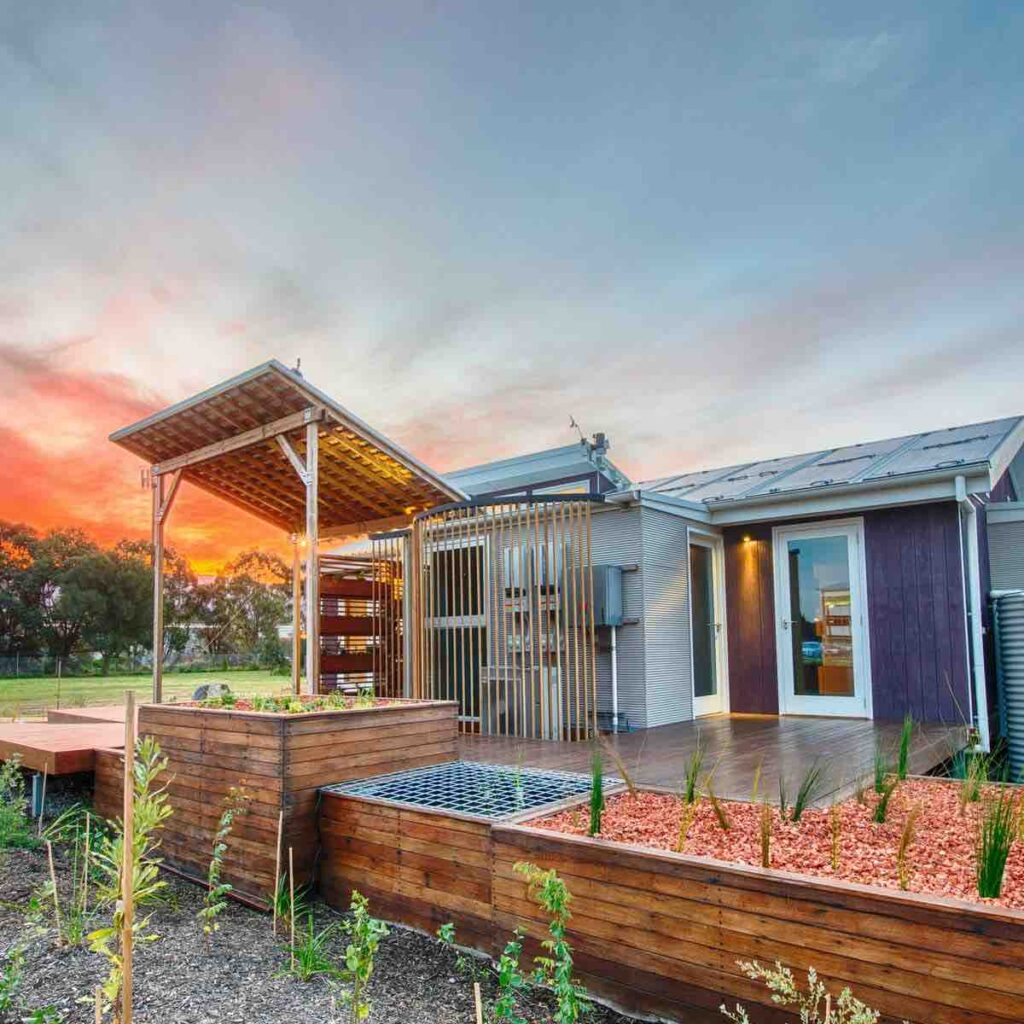
source: pinterest.com
There are many benefits to living in an energy-efficient home, including:
- Lower energy bills: Energy-efficient homes can help you save money on your energy bills by reducing your energy consumption.
- Reduced environmental impact: Energy-efficient homes use less energy, which helps to reduce our reliance on fossil fuels and protect the environment.
- Increased comfort: Energy-efficient homes are typically better insulated and sealed, which helps to keep indoor temperatures comfortable year-round.
- Improved health: Energy-efficient homes tend to have better air quality, as they are less likely to have drafts and leaks.
- Increased property value: Energy-efficient homes are in high demand, so making energy efficiency upgrades to your home can increase its property value.
How to Get Started with Making Your Home More Energy-Efficient?
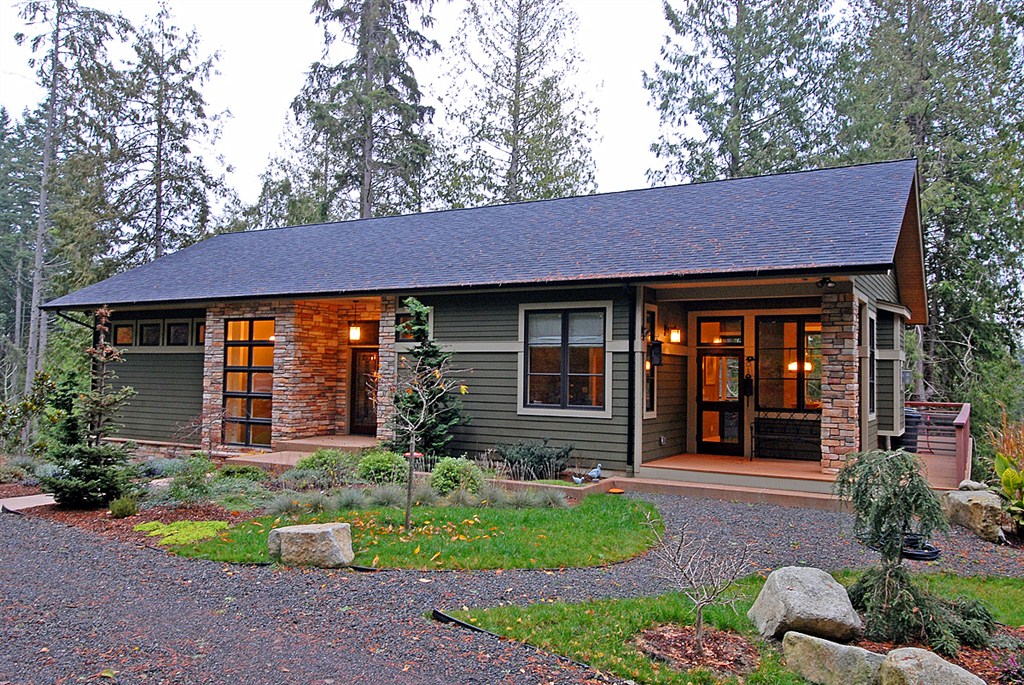
source: pinterest.com
If you’re interested in making your home more energy-efficient, there are a knockout post things you can do to get started:
- Conduct an energy audit: An energy audit is a professional assessment of your home’s energy efficiency. An energy auditor will inspect your home and identify areas where you can make improvements.
- Set a budget: Once you have an energy audit, you can set a budget for making energy efficiency upgrades to your home.
- Prioritize your upgrades: Start by making the most cost-effective upgrades first. For example, sealing air leaks and adding insulation are two relatively inexpensive upgrades that can have a big impact on your energy bills.
- Find a qualified contractor: If you’re not comfortable making energy efficiency upgrades yourself, hire a qualified contractor. Make sure to get multiple estimates before hiring a contractor.
Conclusion
Making your home more energy-efficient is a great way to save money, reduce your environmental impact, and improve your comfort and health. There are many different ways to make your home more energy-efficient, so there’s something for everyone, regardless of your budget or time constraints.

